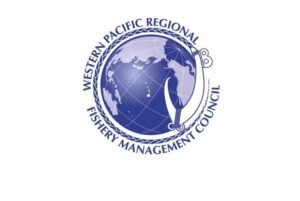
Fishing community advisers attending the Western Pacific Regional Fishery Management Council (Wespac) meeting in Hawaii in late March expressed concern over U.S. plans to extend the Papahānaumokuākea Marine National Monument in the Northern Hawaiian Islands and potentially add sanctuary regulations in the Pacific Remote Islands.
The advisers told the council that such a move would result in fishing area closures and destabilization of foreign seafood imports on market dynamics.
“The tuna industry is the only industry we have, the government relies on the canneries,” Gene Pan, an American Samoa Advisory Panel member, said. “You are stopping us from fishing, but not the Chinese. Without the people, there is no Samoa.”
“Without the StarKist cannery, we cannot continue to sustain our cultural heritage and keep it vibrant. Further disadvantaging our remaining 12 purse seine vessels in American Samoa affects our cannery,” Council Chair Will Sword stated.
The regional management council also heard testimony from Joe Hamby, a member of the council’s advisory panel and CEO of Cape Fisheries, who said their purse seine boats can’t compete because it’s not a level playing field.
“The Seafood Import Monitoring Program is not working,” Hamby remarked. “U.S. fishers and processors should be protected by a duty on fish imports—seafood security is important. Fishing or processing, it’s a matter of having the political will to defend against negative impacts to domestic producers.”
“We are facing unprecedented market conditions. There is a large supply of fish coming in, driven by El Niño conditions,” Hawaii Longline Association Executive Director Eric Kingma told the council. “The market isn’t there because of the huge amount of imported, subsidized, gassed tuna being ‘dumped’ into the market and retailers are not adjusting downward during periods of high local supply of fresh tuna.”
Hawaii Council member Mat Ramsey questioned how NOAA can develop strategies to promote seafood, equity and environmental justice while at the same time limiting fishing opportunities.
NOAA Deputy Assistant Administrator for Regulatory Programs Sam Rauch told the council that the goal of the National Marine Fisheries Service is not to limit fishing opportunities in general.
“In fact,” he said, “NMFS is supposed to promote optimum yield and that is the task that both the council and NMFS are tasked with under the Magnuson-Stevens Act.”
